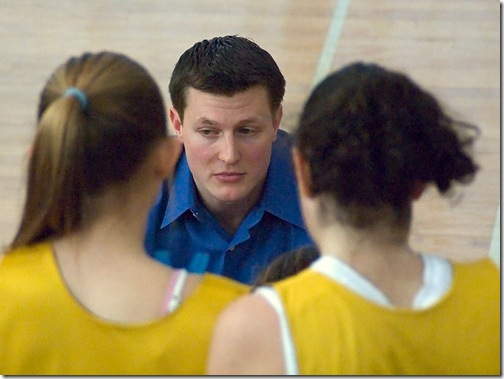How To Become Employed With 9.8% Unemployment
9.8% unemployment is the national average. For many states, it is even higher than 9.8%. I live in California and the number has hit double digits. This is true for many other states as well. Regardless of the rate, anyone actively in a job search knows these are difficult times. There is hope, and I believe opportunity, for many of those looking.
We have a very active job search coaching practice. The problem with many candidates we work with is, they come to us too late. They are usually out of work for an average of 4-6 months. They then expect us to be able to help them find work quickly. Sorry, we are good, but can’t work miracles, and nobody (not even us) can get you employed.
ONLY YOU CAN DO THAT.
But we can help you learn from your mistakes. The biggest problem we find with candidates is that they really don’t have a targeted, very focused approach to their search. Their fear of possibly missing an opportunity is so powerful that they often don’t see the forest for the trees. Our biggest challenge is to help get the candidates focused like a laser beam on a target and then drive to that target. In many cases this is a monumental task.
As the employment numbers get worse, successful candidates must become more and more focused. Companies today aren’t looking for a jack of all trades. They want the king or queen. If you aren’t targeted and highly focused, then it is difficult to land a position.
You have to have a bull’s-eye on the target so you have something to aim at. What is your bull’s-eye?
Here are some suggestions to help you get focused.
- Take a step back and think if you were a specialist at something what would it be?
- Write out a complete and very thorough job description. Most of the candidates we talk with can’t do this.
- Make sure your Linkedin and other public profiles are focused on you as a specialist. Most profiles are generic, vague and cover every possible job function within the person’s discipline.
- Identify a specific target list of companies, people, recruiters and service providers that can lead you to your target.
- Identify those connectors that can put you in touch with those in number 4.
- Identify three or four networking groups that align with your industry, functional expertise, career level, and become very active in those groups. Serve on or chair a committee, get on the board, take a leadership position and become well know in those groups.
- Consider serving on non-profit boards. These boards will not only make you feel good, but they often have great contacts and you can demonstrate your leadership skills.
- Build a network of 100 people that know you and your background so well that they can refer you with confidence. I use the 5 call rule. If a recruiter from 2,000 miles away is conducting a search in your geographical area you will be referred within 5 calls.
- Don’t ignore your unemployed peers. They are out looking for positions 8 hours a day. The employed aren’t spending any time doing this. Who do you think is more likely to come across a position that is right for you first?
- Have the right networking tools to do the job. This includes a bio and networking business cards. Not a resume and business type business cards.
- Finally, network with a purpose. Don’t try to meet everyone on the planet. You will only get burned out networking with little to show for it. Meet only those that can advance you toward your target. Be polite and help others when necessary but pre-screen people before spending time with them.
- Use Linkedin to find people and the connectors you need. This is why it is so critical to build your contacts beyond 500.
I don’t mean to imply that doing these things will guarantee you find a position right away. I do believe if you don’t do them you will be in-transition a lot longer than if you do. Having a general, shot gun approach will definitely extend your job search.
Be sure and join our Linkedin Job Search Networking group. This is important. CLICK HERE to join.
Evaluate your job search effectiveness with our Job Search Self-Assessment Scorecard. Find out what you are doing right and what you need to tweak in your job search. As always it is FREE. CLICK HERE.
Please let us know your comments and feedback.
Brad Remillard










